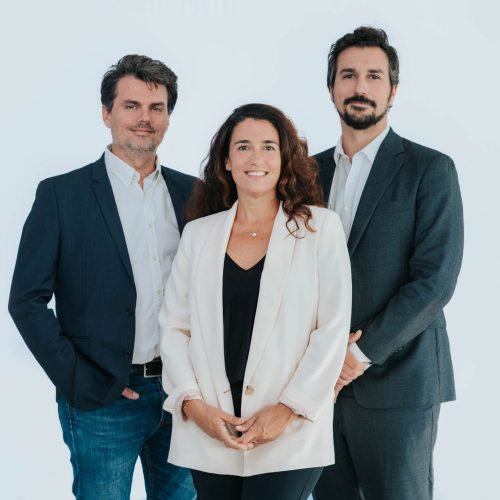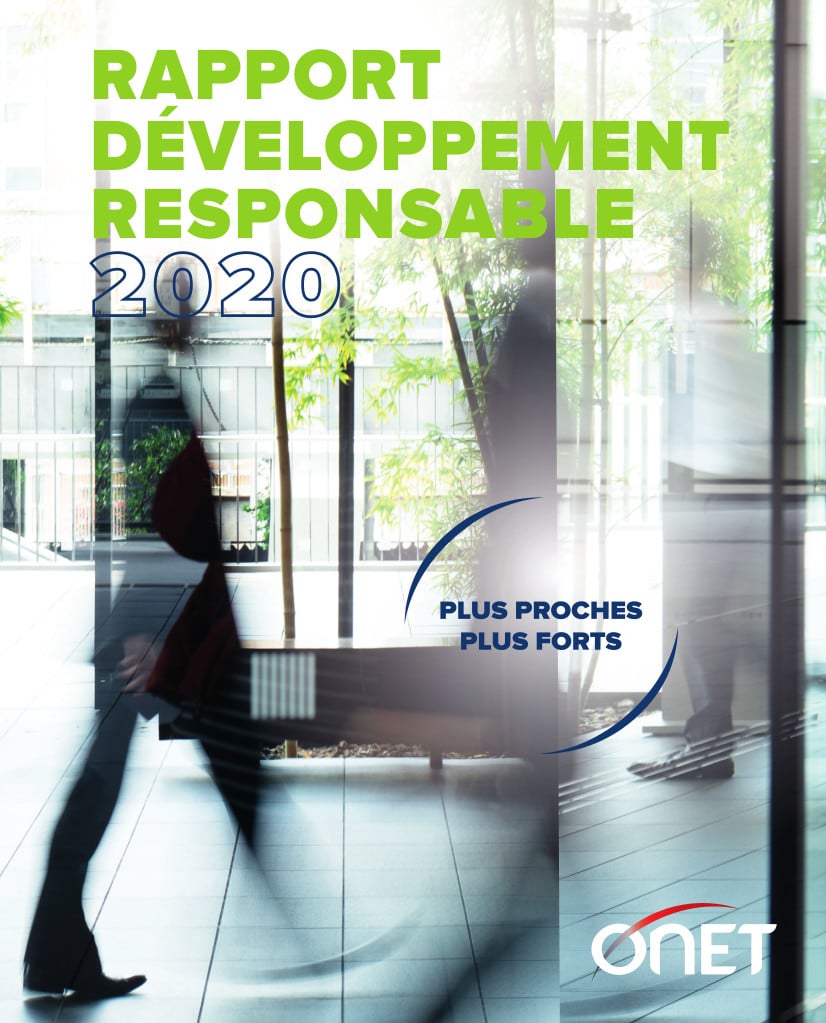Microplastics: 14 million tonnes at the bottom of the sea
Our commitments at Onet
Lurking in our rivers, soil and oceans, microplastics accumulate over time. The result: 14 million tonnes of microplastics cover the seabed. And these polymer particles, ingested by countless living creatures, end up on our plates. Where do they come from?
From our consumer goods, packaging, detergents, cosmetics, paints and so on.
In Europe, microplastics are the subject of scientific studies and reinforced regulations. While the impact on health and the environment has yet to be fully clarified, governments are urging manufacturers to reduce their production of microplastics.
Within the Onet Group, work has already begun.
A global plague
Their size ranges from 5 millimeters to a few hundred nanometers, or 70 times smaller than the thickness of a human hair. Tiny as they are, microplastics have become a veritable scourge for the planet.
More and more microplastics
According to the CommonwealthScientific and Industrial Research Organisation(CSIRO), theseabed is littered with around 14 million tonnes of microplastics.
For this world-first assessment, the CSIRO used an underwater robot. This specialized robot took samples at depths of up to 3,000 meters from sites off the southern coast of Australia.
The scientific findings, published in the journal Frontiers in Marine Science show that in areas with more floating waste, there are more microplastics on the seabed.
But today, microplastics are everywhere, including in the polar zones .
German researchers at theAlfred Wegener Institute for Polar and Marine Research have demonstrated for the first time the presence of microplastics in the Arctic pack ice. One of the samples taken contained 12,000 microparticles of plastic per liter of frozen water. A concentration hundreds of times higher than those measured in seawater.
The most commonly found plastics are polyethylene (such as single-use bags), polypropylene and polystyrene (food packaging).
They are also composed of various additives, which add flexibility, rigidity, fire resistance, etc. to the finished product.
Yet these additives are potential chemical pollutants, and the bacteria that attach themselves to the surface can be biological contaminants.
Risks to human health
The Anses(Agence nationale de sécurité sanitaire de l'alimentation, de l'environnement et du travail) estimates that 10% of all plastics produced since their invention have ended their lives in the oceans.
The French agency is currently assessing the quantity and nature of plastic particles in certain foods, as well as the level of exposure and risks to human health.
She is also investigating whether microplastics can release certain additives specific to their design into foodstuffs.
The agency is also working with other foreign scientists to develop common protocols for comparing results obtained in different countries.
Finally, the Boulogne-sur-Mer site of the food safety laboratory is participating in the regional CPER Marco project, to create a microplastics analysis platform.
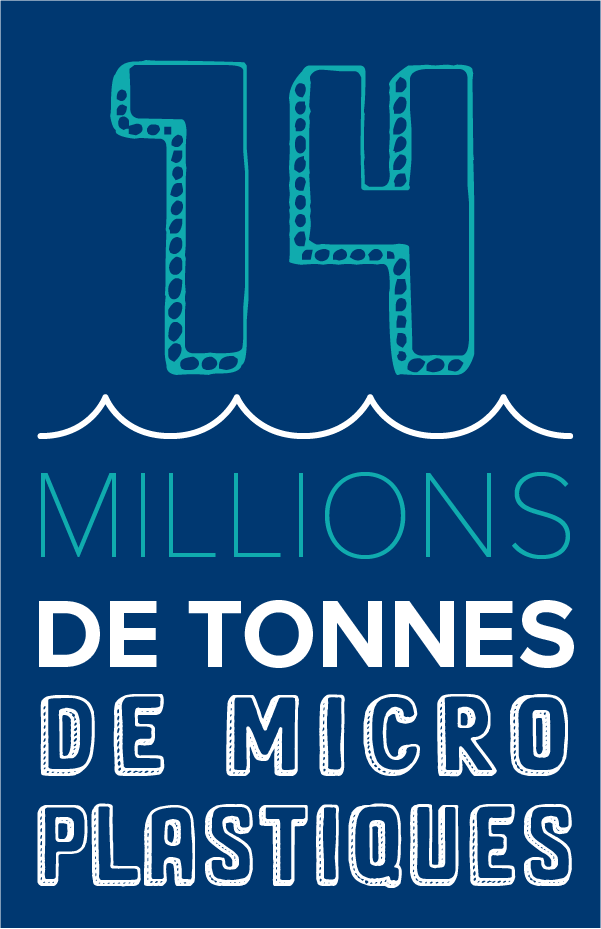
Legislation leads the way
Significant progress in Europe
Back in 2016, the EFSA(European Food Safety Authority) highlighted the existence of micro and nano plastics in food.
Experts have therefore identified the need to generate more data on impact levels in food and their effects on human health.
To this end, EFSA is organizing a scientific symposium in May 2021 in Lisbon to discuss research advances in this area.
In Europe, regulations such as the "Plastiques, le Green New Deal" strategy and the SUP directive (ban on single-use plastics) can limit the damage.
In France with AGEC
On a French scale, the French anti-waste and circular economy law (AGEC) enacted in February 2020 is also moving in the same direction.
Foundations and industrialists in action
However, if we are to put a stop to this planet-wide pollution, we need all the help we can get: scientists, legislators, industrialists and charitable organizations.
The Ellen MacArthur Foundation is one of them. Alongside committed industrialists, and through publications such as " Rethinking the future of plastics ", it highlights exemplary actions to develop collection and recycling in countries lacking sorting infrastructures. It also advocates industrial solutions based on truly biodegradable and toxic substance-free materials, prevention and reuse.
For their part, some industry players are taking the issue in hand through international initiatives such as the Alliance to end plastics waste andOperation Clean Sweep.
This program launched in Europe in 2015 seeks to prevent the loss of plastic granules (flakes, powders etc.) into the environment during the production, packaging or transport stages.
To date, this international initiative has 700 members from federations, producers, processors, transporters and recyclers.
They are committed to
- to improve their production site,
- implement an internal procedure to stop plastic leaks into the environment,
- to raise their employees' awareness of the issue,
- to comply with local regulations,
- and encourage their business partners to follow suit.
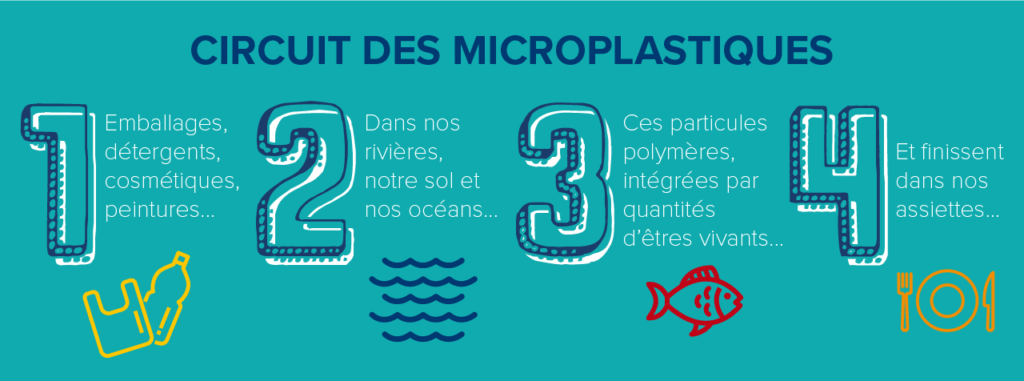
Onet makes a concrete commitment to preserving the oceans
The company can take personal action to contribute to the improvement of scientific knowledge and reduce its environmental footprint.
At Onet, the two go hand in hand.
Our approach "A present for the future
Since 2002, we have been committed to an eco-responsible approach called " A present for the future ". Building on this experience, we are now preparing to become a company with impact, through measurable monitoring of social, societal and environmental issues in all our activities.
This commitment has three main objectives:
- give priority to any technology that conserves natural resources and biodiversity;
- produce services by promoting the circular economy;
- move towards decarbonization of our activities.
Economic performance and environmental protection must therefore be complementary. It's the guarantee of constant growth in our sales and profitability, necessary for new investments.
The circular economy
Today, we are working on various projects based on the circular economy and preserving the health of all our customers and employees. Our 2018 membership of the National Institute for the Circular Economy is testimony to this. But our commitment doesn't stop there.
Biogistic an eco-responsible, sustainable solution

As a service provider in industrial cleaning, we are aware of the impact of cleanliness on each and every citizen. That's why we're committed to using eco-responsible, chemical-free products on 95% of the sites entrusted to us.
The use of eco-labelled products and the reuse of plastic containers
In the field, this strategy is paying off, and for over two years has been reflected in the use of eco-labelled products and the reuse of plastic containers. Our Biogistic solution is the first offering based on the principles of the circular economy, and enables our teams to handle products without danger.
Our starting point was the realization that the use of detergents is not neutral either for the health of professional users or for the environment. We therefore decided to reduce these chemical risks while controlling costs. Conventional cleaning products have been replaced by eco-labelled and biotechnological products, and our employees have been made aware of best practices. This contributes to the reduction of discharges into the environment, and in particular into the oceans.
At the same time, we are taking action to reduce plastic waste and effluents, using on-site dilution machines, the Dilumob, and plastic containers that can be reused internally.
20 tonnes of plastic saved per year
By the end of 2019, a total of 173 Dilumob have been installed in the Group's branches. This hassaved twenty tonnes of plastic a year, the equivalent of 400,000 bottles. We have been able to train 7,500 employees in their use.
Over the next five years, we are aiming for a reduction of two million bottles. At the same time, we are continuing our work on eco-design and recycling of plastic drums, with a view to reducing our waste production by 30%.
Time for action
At a time when companies are increasingly questioning their raison d'être, the time has come to take action and be part of the solution to the great challenges of our time. Our family-run group has always equated development with sustainability.
We are convinced that we must act collectively, and that companies have a key role to play in building a better, more sustainable future for all.
We believe in the power of the collective, and for over 150 years we've been working to organize it at environmental, societal and social levels through our responsible development approach.
Report
Responsible Development
2020
Podcast - Fabrice Amedeo raises children's awareness of ocean preservation
On the occasion of World Ocean Day, discover a podcast recorded during the ocean preservation awareness sessions organized with Fabrice Amedeo in Marseille elementary school.
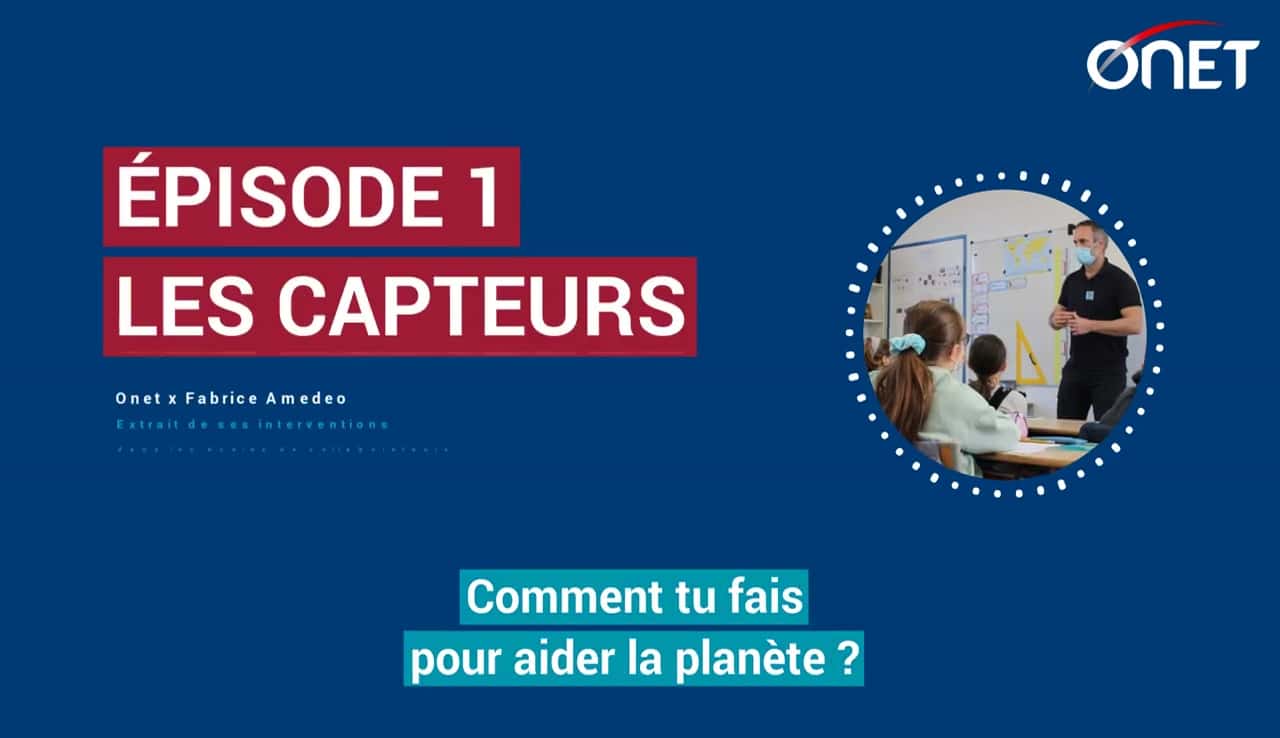
Onet around the world with Fabrice Amedeo

Last year, we signed a three-year partnership to support the project of Fabrice Amedeo, a sailor committed to preserving the oceans and the planet.
As the IPCC warned in September 2019 of a warmer, saltier and less oxygen-rich marine world, we decided to take an active part in the fight against global warming.
On-board sensor
In concrete terms, we financed a sensor on board skipper Fabrice Amedeo's racing yacht. This sensor, made up of several modules, is capable of collecting data on water salinity, CO2 levels and phytoplankton content, as well as measuring the presence of microplastics.
This information is unprecedented, as it is collected offshore, in places where scientific boats pass by only once every 10 years. It is made available to scientific laboratories such as Ifremer.
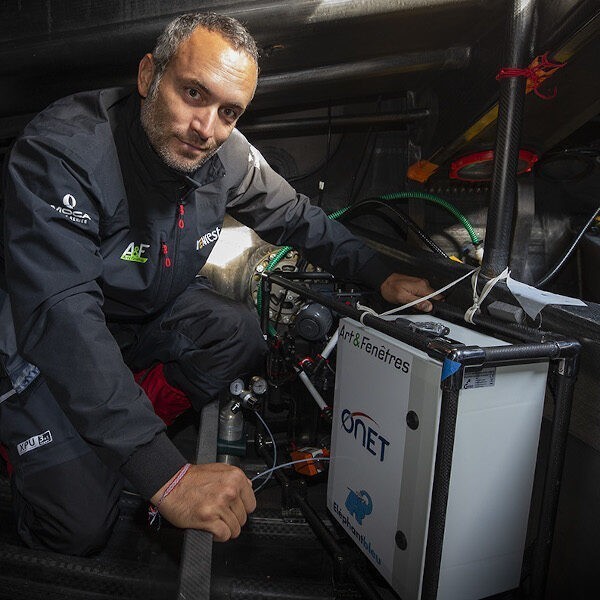
This data is both eagerly awaited and dreaded. Among other things, they will
- help map average microplastic concentrations by water mass and place them in the dynamic context of surface circulation;
- characterize the metallic contamination profile of microplastics by region (North Atlantic, South Atlantic, South Pacific, Indian Ocean);
- assess the toxicity of microplastics in large bodies of water around the world.
Witnessing the degradation of our oceans is not very pleasant. But I hope that the sensors I'll be taking on board this Vendée Globe will enable me to bring back a lot of information about the state and fragility of our oceans.
Fabrice Amedeo before casting off for his 2nd Vendée Globe
Throughout the race, he changes the sensor filters every day and then stores them in his filter bag. This takes him just a few minutes a day.
Preserving resources
In all our businesses, we play a part in preserving resources. At Onet, we are convinced that each and every one of us must find innovative and responsible solutions to the major challenges of today and tomorrow.
That's why we're so keen to support Fabrice Amedeo's project. His approach is fully in line with our Group's values: listening, respect and boldness. These values underpin our actions and are shared by all our employees.
